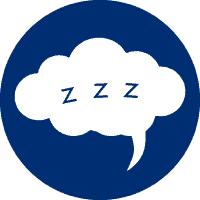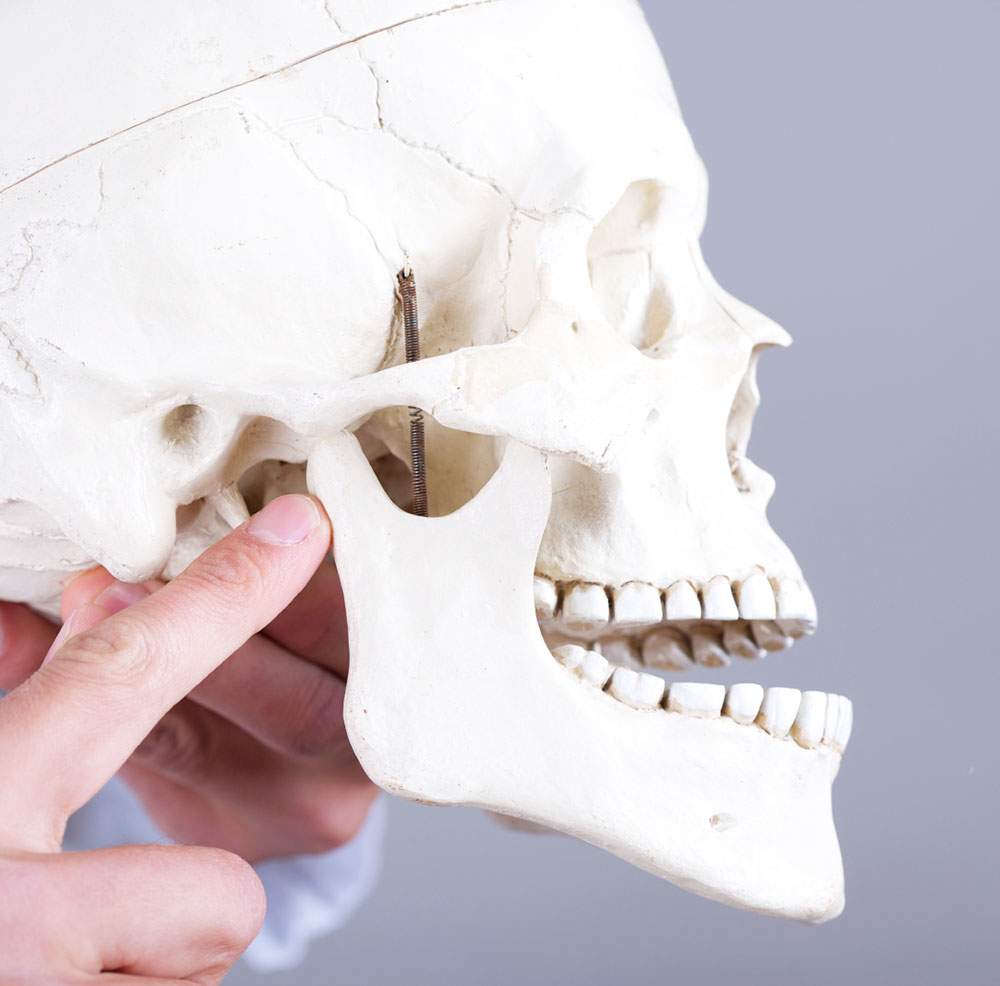

Integrate a TMJ expert and sleep clinic to provide extensive physical examination of face & jaw.
Make sure your condition is correctly diagnosed & treated accordingly.
Reasons to Choose Us

In Sydney CBD
clients think of us.


Convenience
Free-Parking
Location

Health Funds
Interest-Free

Advanced Technology with Compassionate Service.
What are Temporomandibular Joints?
The Temporomandibular joints are the two hinge joints that connect the lower jaw (mandible) to the temporal bone of the skull.
The flexibility of the joint, along with muscles, allows it to move smoothly up, down and side to side enabling us to talk, chew, swallow and yawn.
What is TMD?
Temporomandibular Disorder (TMD) occurs when the jaw bone, muscles and attached ligaments are not aligned & synchronised to facilitate smooth movement of the jaw.
TMD is the most commonly experienced non-dental chronic facial pan and affects twice as more women as men.
- Myofacial pain – severe discomfort and pain in the muscles that control the jaw, neck and shoulder muscles.
- Dislocated jaw or displaced disc or injury to the condyle
- Degenerative joint disease in the jaw joint
What Are the Causes of TMD?
- Injury to the jaw, Temporomandibular joint (TMJ) or muscles of the head or neck.
- Dislocation or erosion of the disc between the ball and socket.
- Damage to joint’s cartilage due to arthritis.
- Grinding or clenching of teeth.
Can Stress Cause TMD?
What Are the Symptoms of TMD?
- Soreness and pain in the face, or jaw area
- Pain in the head and neck area
- Pain in or around the ear
- Inability to open the mouth wide
- Pain while chewing, biting or yawning
- Popping noise when opening mouth
- Sensitive teeth without any oral disease
- Dizziness

How Can I Get TMD Treated?
Before the right treatment, diagnosis is very important.
However, due to the complex nature of the disorder, diagnosis can be tricky.
Other conditions such as toothache, sinus and arthritis can have similar symptoms so a detailed physical examination is required to determine the root cause.
At the TMJ and Sleep Therapy Centre we integrate a TMJ expert and sleep clinic to provide extensive physical examination of face and jaw and make sure your condition is correctly diagnosed and treated accordingly.
Many patients suffering from headaches and sleep disorders have been successfully treated for TMD at the TMJ and Sleep Therapy Centre.
Possible courses of treatment include:
- Physical therapy
- Pain relievers
- Stress management
- Behaviour modification to reduce teeth clenching
- Diet modification- soft foods
- Corrective dental surgery
- Ice or hot packs
- Mouthguard
for more detailed information.
We are ready to assist you.




















